The Ministry of Fisheries and Livestock has decided against allowing the import of sacrificial animals for Eid-ul-Azha, citing sufficient local livestock supplies and the investments made by young entrepreneurs in the country's farms.
Ministry sources indicate that local farms can meet the demand for sacrificial animals, making imports unnecessary. The meat sellers' association in the capital has noted a significant decline in beef sales this year, attributing it to higher cattle prices and inflation. They also highlighted the issue of beef entering the country as frozen products, which has further impacted their businesses.
On April 7, Brazilian Foreign Minister Mauro Vieira met with State Minister for Commerce Ahsanul Islam Titu in Dhaka, proposing the sale of frozen beef to Bangladesh. However, Minister Titu requested Brazil to consider sending live cows instead. Following this, the Bangladesh Safe Food Authority (BSFA) formed a committee on May 5 to finalize the Frozen Meat Import, Storage, and Distribution Policy 2023. Stakeholders believe this policy will streamline the import process for frozen meat.
Despite this, Fisheries and Livestock Minister Abdur Rahman reiterated on April 28 that there is no need for importing sacrificial cattle this Eid, as local stocks are sufficient. He emphasized that the government would not permit animal imports under any circumstances.
On May 16, the minister assured that there would be no shortage of sacrificial animals for Eid-ul-Azha, highlighting the government's readiness to manage the supply and transportation of these animals. He stated that there are currently 22,77,973 more cattle available than needed, with an expected supply of 1,29,80,367 sacrificial animals, which exceeds last year's supply by 4,44,034.
The minister also emphasized the need to discourage the import of frozen meat to protect local entrepreneurs. He pointed out that supporting private sector investments in livestock farming is crucial and that importing frozen meat could undermine local businesses. He called for stronger market monitoring and suggested reducing the cost of animal feed to lower meat prices.
The government has decided to increase VAT on imported meat, with the National Board of Revenue (NBR) taking the necessary steps. A report by the Bangladesh Tariff Commission noted a rise in frozen beef imports from countries like Australia, India, and Malaysia, with import volumes increasing significantly in recent years.
The Bangladesh Dairy Farmers Association has urged a ban on frozen meat imports to protect local farmers. The association's president, Mohammad Imran Hossain, recommended that the government import fodder through the Trading Corporation of Bangladesh (TCB) and distribute it to farmers at the grassroots level. He also called for stopping imports of frozen meat from countries like India, providing income tax exemptions for 20 years at the farm level, and offering low-interest loans without collateral. Additionally, he demanded free access to vaccinations, medicines, and medical services for animals.
The Ministry of Fisheries and Livestock's decision reflects a commitment to supporting local farmers and ensuring a stable supply of sacrificial animals for Eid-ul-Azha.



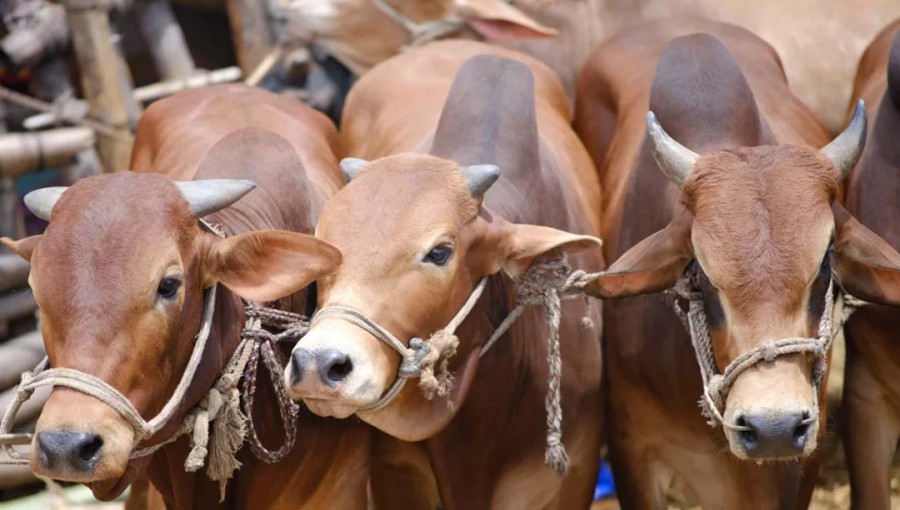
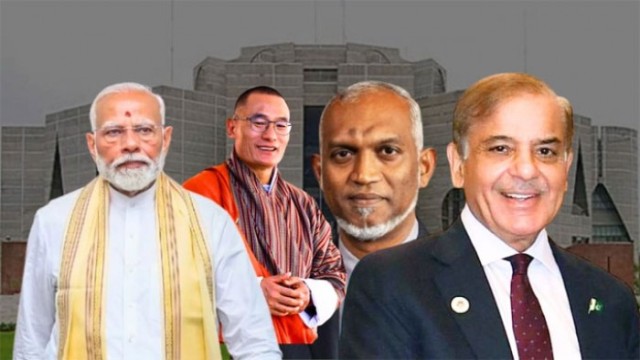
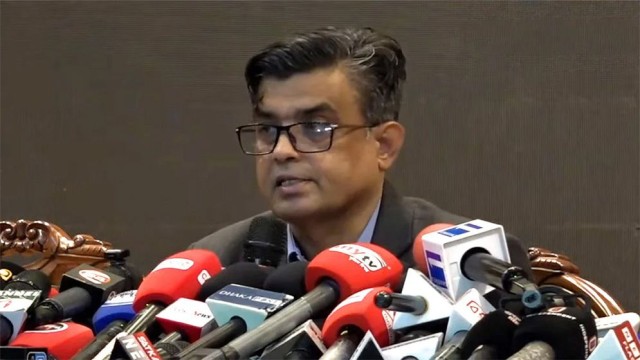
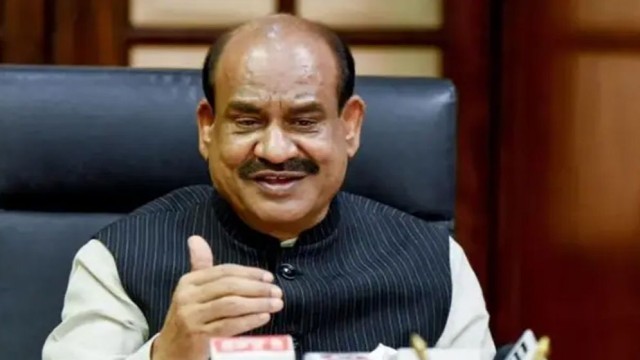
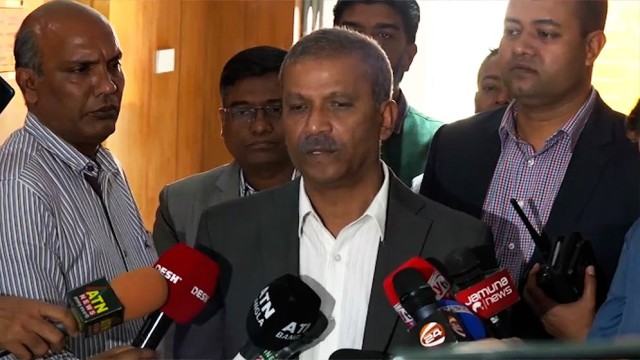
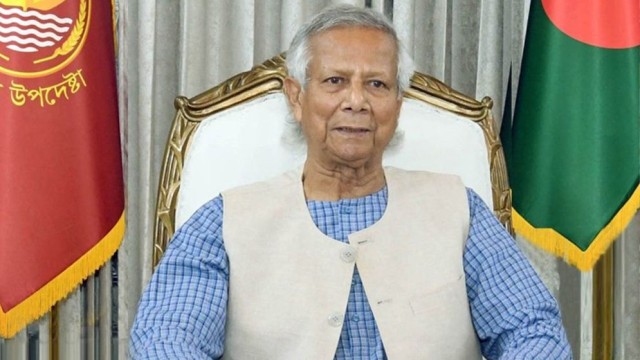
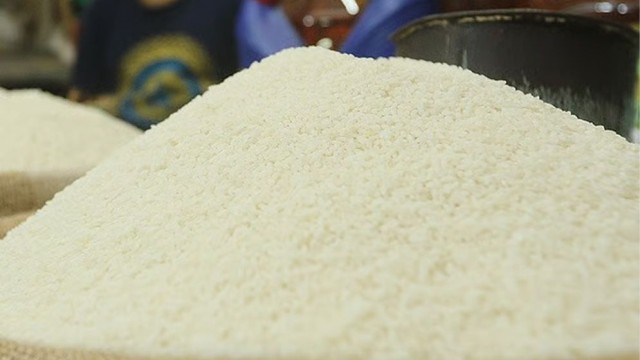

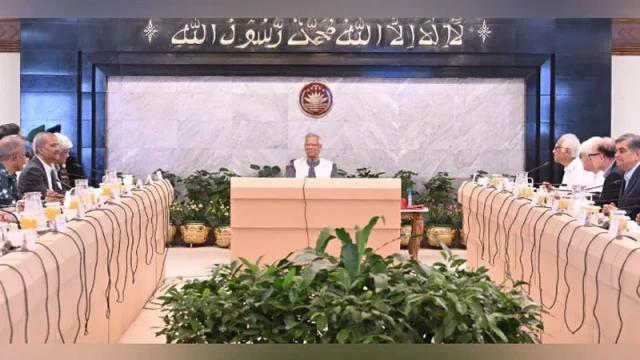
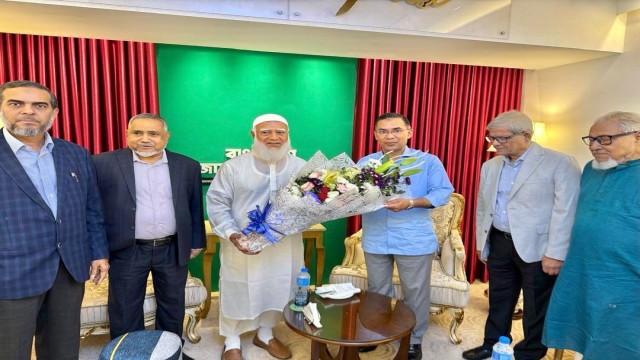


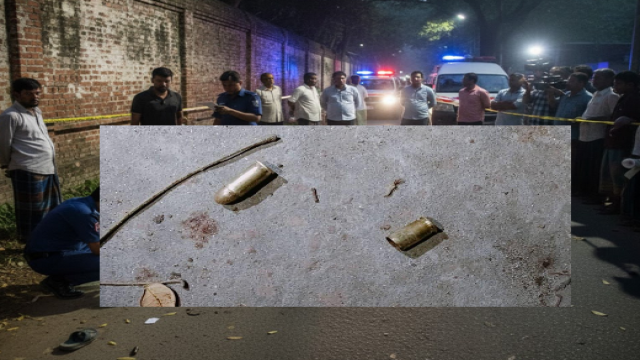
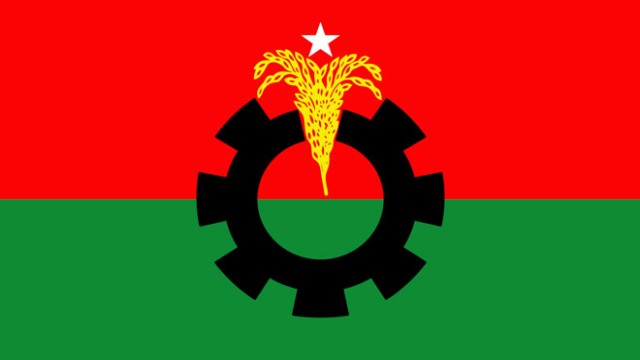
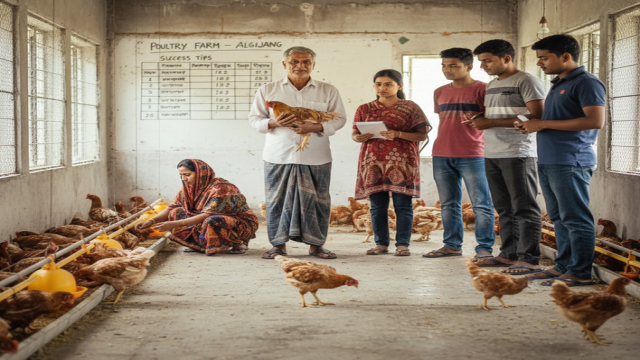












Comment: